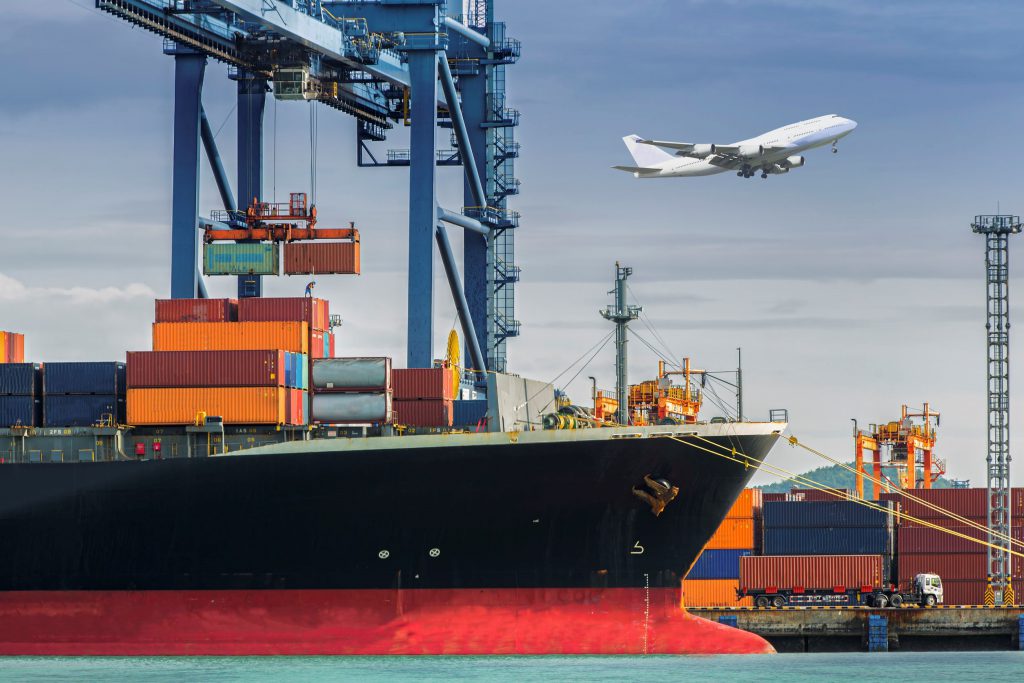Tech Innovation Vital to Trade Growth, Say SMEs
10th May 2018

Small and medium-size businesses that have struggled for equal footing in the global economy are increasingly looking to cross-border trade for growth, seeing technology as a way past obstacles in shipping and compliance, according to new research from Shipa Freight.
Shipa Freight’s global study of 800 SMEs from developed and emerging markets shows that smaller companies are remarkably upbeat about their ability to expand through trade.
Eighty-nine percent of exporting SMEs surveyed say their export revenue will grow over the next three years. Seventy-one percent say they are concentrating more on international markets than on their home markets. The Shipa Freight survey included exporters and importers from the UK, USA, Germany, Italy, China, India, Indonesia and UAE.
Smaller companies account for an estimated 95% of all businesses and employ two-thirds of the world’s workers. Critics of globalization have argued that decades of efforts aimed at easing the flow of goods, capital and jobs across borders has come at the expense of SMEs and disproportionately benefitted multi-nationals and other large businesses.
“Smaller businesses used to think they couldn’t compete in trade. Now many see it as their best path for growth,” says Toby Edwards, CEO of Shipa Freight, the online freight service. “SMEs are not naïve about the obstacles to unlocking new markets. They see online tools and other technology as a way to conduct transactions, get financing and gather market intelligence.”
Three-quarters of SME executives surveyed by Shipa Freight believe businesses that operate internationally are more resilient. Nearly 80% say they are already using online platforms for freight quotes and bookings.
Roadblocks
SMEs identified numerous obstacles they face in international trade. Forty-two percent say the costs of shipping abroad are too high, or that they don’t have an accurate picture of their costs. Forty percent say they find it difficult to understand documentation requirements.
A significant minority say their cargo has been held up in customs (39%) or lost in transit (27%).
Small and medium-sized businesses based in emerging markets are finding export regulations particularly challenging: 67% identify export regulations as a difficult issue, compared with just 44% of SMEs based in mature European markets (1). Seventy-nine percent of exporters from India, China and Indonesia say they find it challenging to penetrate markets in Europe.
SMEs that view the UK as one of their top export markets are looking elsewhere because of Brexit. Seventy-three percent say Britain’s vote to leave the European Union has prompted them to prioritize trade with other European countries. Sixty percent of UK SMEs that export and 52% of UK SMEs that import say that leaving the EU Single Market would be “disastrous” for them.
New tech boosts export prospects
Smaller companies clearly see technology as a way to close the gap with bigger competitors, cope with documentation requirements and get quick access to competitive shipping options. Eighty-six percent say that tech is “leveling the playing field” for SMEs to operate globally; 89% believe technology is transforming the logistics industry.
“The logistics industry has traditionally ignored SMEs and done far too little to help them find new markets and grow,” Edwards says. “Technology is giving them the ‘virtual’ scale that they’ve needed to lower their costs, get real-time information and compete.”
About the study
Shipa Freight’s Ship for Success research examines the trade patterns and barriers of SMEs, defined here as organizations with 10-250 employees. The opinion research was conducted in winter 2017 amongst 800 companies (400 exporters and 400 importers). There were 100 respondents from each of the following markets: UK, USA, Germany, Italy, India, Indonesia, China and UAE. Study participants included SME leaders, such as managing directors and operations directors. Participating companies were drawn from the following sectors: retail and fashion, fast-moving consumer goods (FMCG), automotive (including supply chain), industrial and manufacturing, and technology. You can explore the findings and download the full report on the Shipa Freight website.
(1). ‘Emerging markets’ refers to the combined results of India, China and Indonesia. It does not include UAE figures. ‘Mature European markets’ refers to the combined results of the UK, Germany and Italy.

